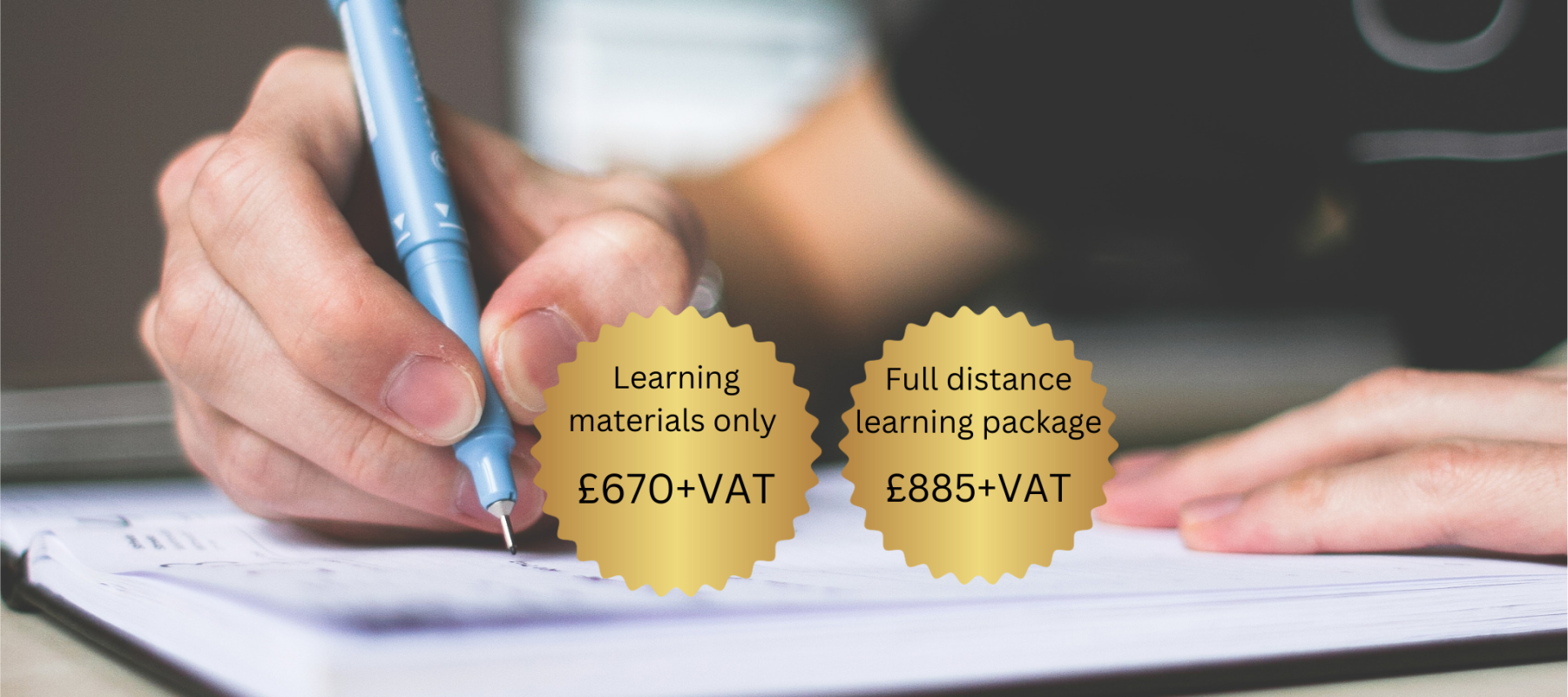
Certificate in Foundation Journalism
This level 3 qualification is ideal for those looking for an introduction to journalism, or those wishing to use journalistic skills for a specific purpose, such as content creation.

NCTJ journalism qualifications can be studied by distance learning, which is perfect for those looking to study flexibly and remotely
Studying for an NCTJ qualification via distance learning is the perfect way to study at your own pace and in your own time.
Distance learning is accessible, flexible and affordable and offers a set of qualifications which are designed to support journalists as they progress through their careers.
The learning materials for each qualification can be accessed through the Journalism Skills Academy’s interactive e-learning platform.
The NCTJ offers five qualifications via distance learning:
Why distance learning could be the best career move you make:
Assessments:
There are different assessments for each qualification, which are offered throughout the year. Most exams can be held remotely.

This level 3 qualification is ideal for those looking for an introduction to journalism, or those wishing to use journalistic skills for a specific purpose, such as content creation.

This level 5 UK industry-standard qualification will prepare learners for the demands of a newsroom, teaching the skills needed to work as a professional journalist.

This level 5 qualification covers all the core elements of being a working journalist operating in an international arena.

This level 6 UK industry-standard qualification will qualify those with the Diploma in Journalism and 18 months’ experience to be senior journalists.

This level 7 qualification is designed for current and future editorial executives. It aims to enhance and improve the quality of leadership and management across the industry creating more effective editorial leaders and managers.
— Ivan Morris Poxton
